First and foremost, it's impossible to hide the url from the browser. The browser has to request the webpage from the server, and even if the url was obscured somehow, it would have to be plaintext in the HTTP Request, which would open it up to a man-in-the-middle utility like Fiddler.
Second, this feels like security through obscurity. Resources that certain people shouldn't have access to should be locked down explicitly, not just hidden because the user doesn't know the url (yet).
However, purely as a thinking exercise... I suppose... you could write a handler that knows the real url, uses code to retrieve the content of the page, and then writes that to the response. So the users would see the handler url, but not where the handler is pulling it's data from. However, you'd then have to go to great lengths to find all links and resources on the page and convert those references to also go through your handler.
Of course, practically speaking, I think this concept is silly. There's some problem your senior management is trying to solve, and hiding the url from the user is not the answer.
